Need To Cut Upstream costs,Have Reasonable Local Content Requirements in Sub-Sahara Africa – Wood Mackenzie
As only one third of the continent’s pre-sanction projects are economical at less than US$50 per barrel ($/bbl), Wood Mackenzie says greater collaboration with the service sector, increased focus on project optimisation and developments that require minimal capital outlay are all crucial to new projects going ahead.
Wood Mackenzie also suggests that Africa’s host governments have a key role to play in ensuring that mandatory local content requirements are reasonable and fiscal terms are competitive in order to attract investors and unlock new project sanctions.
Wood Mackenzie undertook a comprehensive study examining the impact of cost deflation on the global upstream sector, concluding that while operators are seeking an average cost reduction of 20-30% on projects, only 10-15% of that can realistically be achieved from the supply chain and that even more stringent savings would be required to ensure projects get the green light.
Wood Mackenzie says this trend is very much apparent in Sub-Sahara Africa – with only three projects expected to be sanctioned in 2016 in the current climate.
“We estimate that Pre-sanction projects account for US$270 billion of investments in Sub-Sahara and only a third of the projects are economic at less than US$50/bbl. On average, operators are looking to achieve a further 15% in cost reductions in order for the majority of pre-sanction deepwater projects to breakeven at the current oil price*.
To achieve this in Sub-Sahara Africa, we believe that E&P companies need to increase the focus on project optimization across the board and adopt smarter ways of working with the service sector to bring costs down to the required levels, as currently Sub Saharan deep-water projects account for 50% of those that are sub economical,” says Obo Idornigie, Principal upstream Sub-Sahara Africa research analyst.
Idornigie adds that the company’s latest analysis of the sector shows that deep-water developments requiring minimal capital outlay – such as leased floating production storage, offloading (FPSOs) vessels and subsea tiebacks to existing infrastructure – will be the most likely to progress.
“Technically challenging projects in Sub-Sahara Africa involving new-build, bespoke facilities and ultra deepwater cluster developments, which are mainly located in Nigeria and Angola will not go ahead in the current climate.”
Wood Mackenzie also cautions that African governments have a key role to play in ensuring that local content requirements are reasonable and fiscal terms are attractive for investors.
“While project optimisation will account for additional cost improvements, achieving this will be challenging if local content provisions are not reviewed, as pushing strict requirements pushes up costs and could hamper operators’ ability to standardise specifications and optimise returns,” Idornigie explains.
According to Wood Mackenzie, deepwater costs per barrel in the region have quadrupled in the last ten years hence operators in Sub Sahara Africa need to work hard to reset the cost base in this current climate.
Practices such as spreading construction work across multiple shipyards, as set out in some local content agreements, have been one of the key factors driving up costs in the region.
“Host governments must be pragmatic in the current oil price environment in order to remain competitive in the global market – with pre-sanctioned projects accounting for billions of dollars of capital investment across Sub Sahara Africa there’s a great deal at stake and additional measures such as fiscal incentives will be required to improve project returns for producers,” Mr Idornigie concludes.
Wood Mackenzie is discussing some of its latest upstream costs analysis at Africa Oil Week this week.

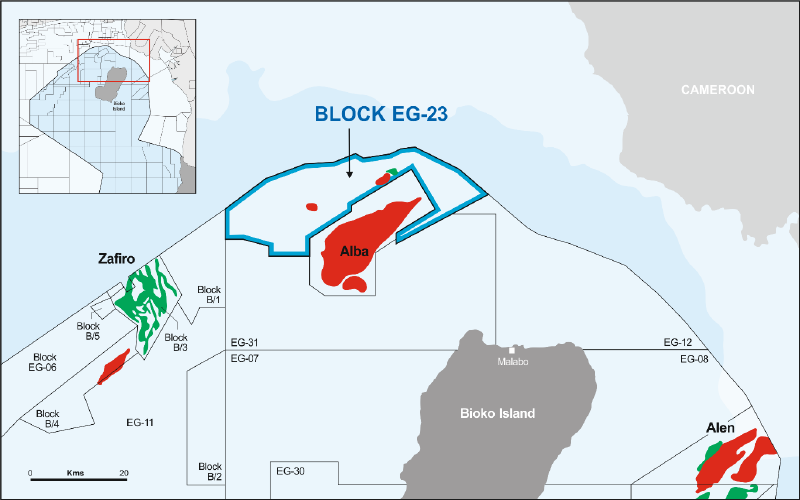
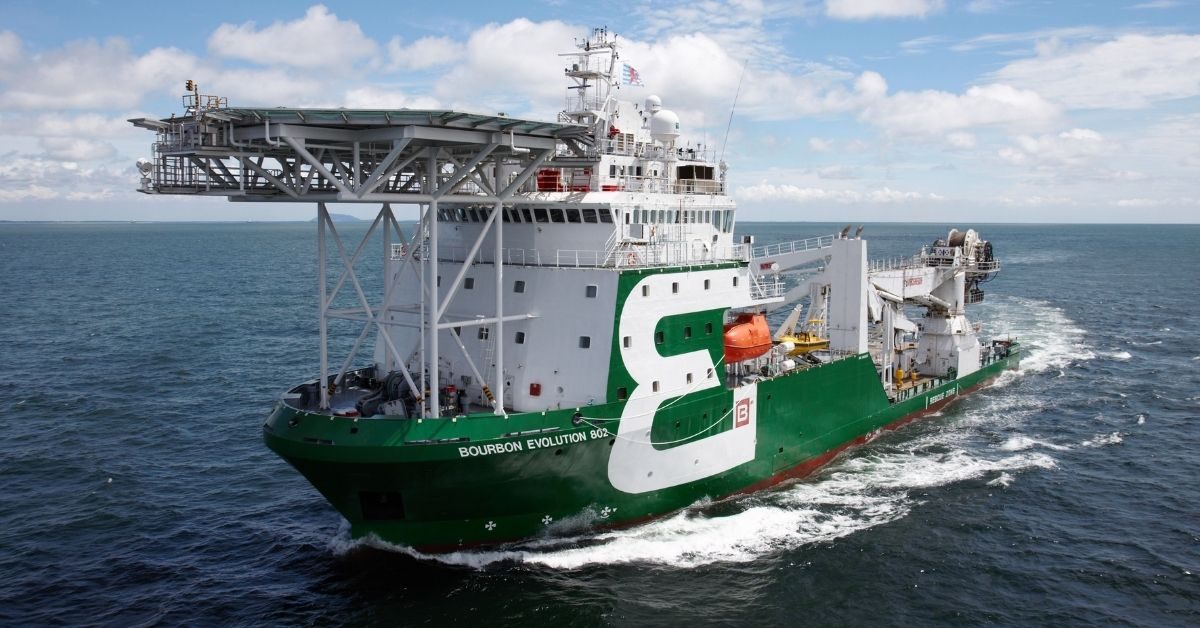
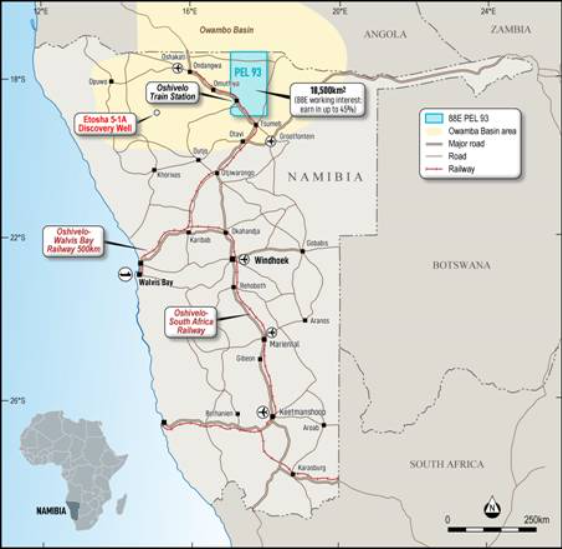


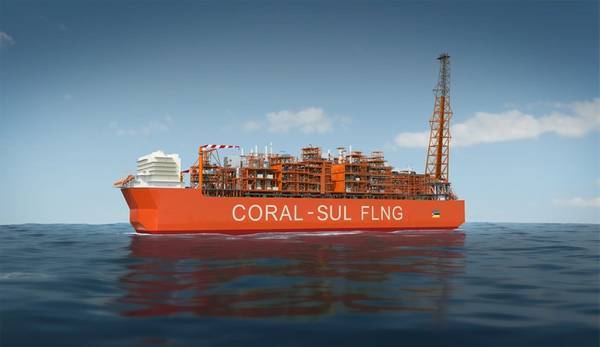



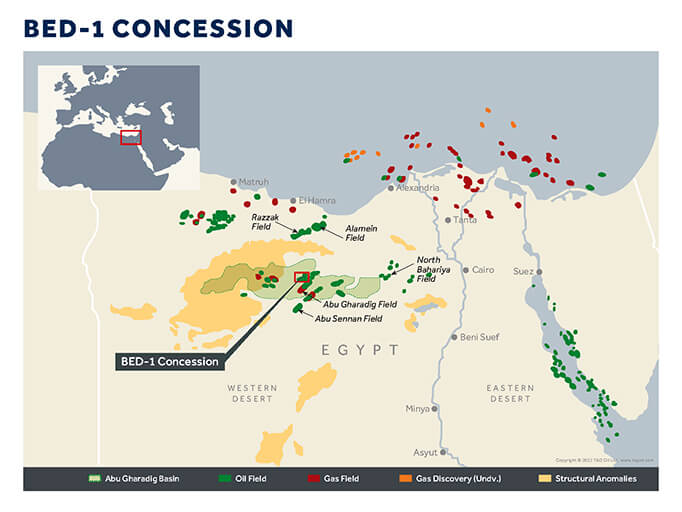

Great website you have here but I was wndoering if you knew of any message boards that cover the same topics talked abouthere? I’d really like to be a part of online community where I can get responses from other experienced individuals that share the same interest. If you have any recommendations, please let me know. Kudos!